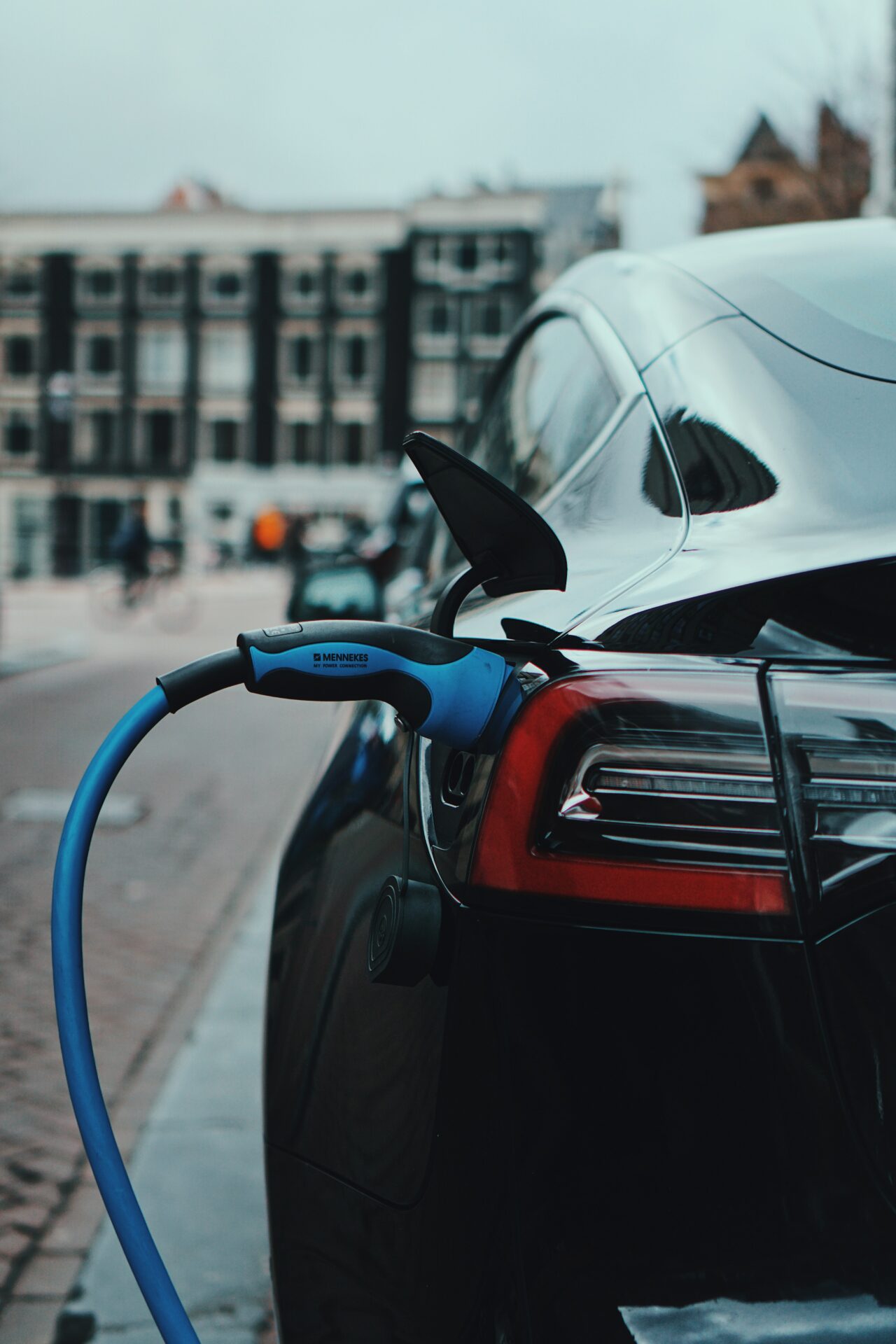Overhyped and Underdelivered: EVs Sale Trend in Europe Should Warn Americans
All over the world, governments have embraced electric vehicles to reduce emissions, however even in the most environmentally progressive countries like Germany sales and support for EVs continues to drop. As the U.S. government attempts to popularize EVs through tax incentives and other policies, our government should pay attention to countries across the pond to see how EVs are flatlining rather than flourishing.
In Europe, countries are implementing policies that would phase out traditional cars and push EVs without providing affordable options. In fact, The European Union has made its commitment to eliminate internal combustion engines (ICE), traditional engines for oil-powered cars, through its ban of sale of new passenger cars and vans containing an ICE by 2035. Simultaneously, individual countries are already rolling back EV incentives. Germany has decided to end its subsidies for EVs, despite it being the largest market for the vehicles in Europe. Specifically, the end of the subsidy is projected to result in 200,000 fewer EVs sold in Germany. Looking to the future of EVs in Europe, if the government continues to push harsh pro-EV policies without financial support, sales are still expected to decline to 8.9 million from 9.3 million for the 2030 projection.
Part of the skepticism resulting in a decline of EV sales are concerns surrounding the costs, the lack of infrastructure, performance of the vehicles and the sourcing of the critical minerals needed. Germany in particular is facing high EV prices with an estimated cost of €52,000 ($57,000) without subsidies to provide affordable options. Recently, Hertz Global announced that it had to sell a third of its EVs because of the high costs for repairments compared to traditional vehicles. Climbing prices, questions surrounding the viability of EVs and lack of government subsidies have resulted in a decline of sales, and in turn, support for the vehicles.
The EU’s goal of eliminating emissions from cars through EVs seems farther out of reach without significant governmental support forcing the transition. The U.S. should take a note of Europe’s missteps as it approaches phasing out traditional cars. National security implications aside, the EV trend in Europe demonstrates that the skepticism of these vehicles has severely reigned in the EU’s EV pipe dream. The U.S. should remain vigilant when adopting any policies that would phaseout traditional vehicles, taking Europe as an example for the rampant skepticism and dissent of EV adoption, tanking sales, hurting businesses, and costing consumers.

